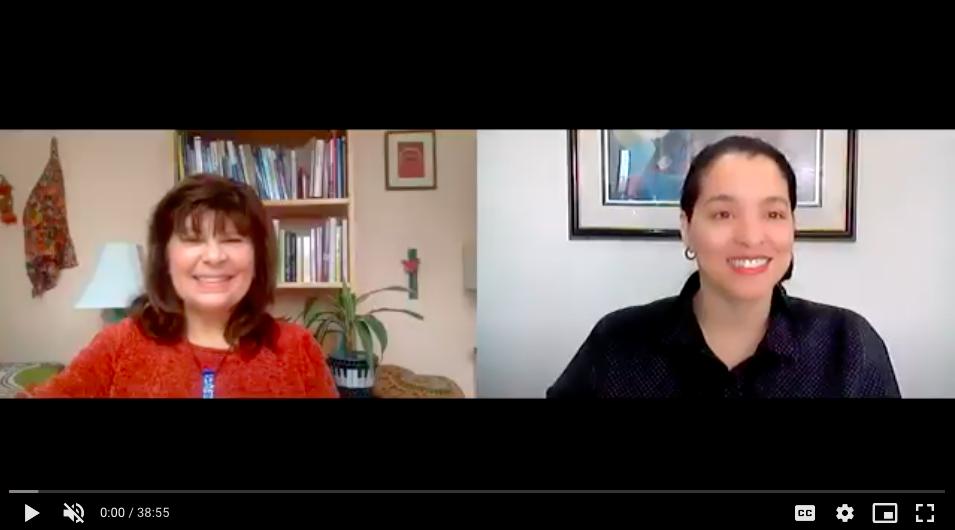Your confidence as a caregiver will develop over time. In fact, your caregiving skills begin early in life — you’re actually a care partner before you’re ever a caregiver. From birth you received care and in time, as you formed relationships, you gave care. You’re even capable of caring about people we don’t personally know!
If you’re a new caregiver and don’t feel confident at all, here are some places to start:
Stay Informed
You are prepared to start immediately by drawing on the experience you already have. You’re caregiving from the moment you acknowledge your loved one’s need. Listen and ask questions to understand the situation to the best of your ability.
Recognize your Resilience
You begin by understanding what your loved one needs right now. You balance your emotional reaction with the action. Your response is unique to you and your needs. Everyone is different in their responses and those responses can quickly evolve. Your innate flexibility allows you to adapt to new situations, by organizing immediate and secondary responses and managing the emerging situation over time. Soon you’ll reestablish a routine accounting for these new demands.
Apply Resources
You identify the skills necessary to meet your loved one’s needs and assess how equipped you are right now and how much you need to learn to meet those needs. You’re going to need help and advice and answers. Seek out guidance for prioritizing your care partnership needs on an ongoing basis.
In times of crisis, the uncertainties of acute care needs push families into an unexpected and often steep learning curve. Whether you’ve thought about future caregiving needs for a loved one, were actively preparing or completely taken by surprise, once the need is activated and you’re called upon, there’s a lot of uncertainty. It’s part of the landscape of caregiving.
If you’ve been at this for a while but are questioning whether or not you can keep going, start here:
Be Kind
Disruption to your established routine, change in plans and an uncertain future are stressful life events. You and your loved one will both need care to address your physical, mental and spiritual needs. You may also be managing the involvement of additional family members who have their own needs and expectations.
Stress management tools and self-care advice are widely available, and you will find what’s effective you. Sometimes extra help is needed.
Emotions come to the surface and can’t be ignored. You’re human, that doesn’t make you any less capable. Strengthen your self-awareness and understanding of significant relationships by allowing yourself to feel your emotions. Conflicting feelings can surface based on the past and how you reconcile it with your present circumstances. Be sure you have a safe place to deal with these feelings. If it becomes overwhelming seek the help of a compatible skilled therapist to work towards your awareness and understanding.
Show Empathy
It’s not just you, it’s your loved one. Ask yourself if they’re able look after their own wellbeing or if that is a need as well. So often we focus only on the physical needs of caregiving. Loss of verbal skills may disguise your loved one’s emotional health. Use your interactions to convey emotional enrichment beyond words. Love, Safety and Comfort remain important. Explore what you know of your loved one’s meaningful relationships and activities. Work together, with your loved one or other care partners, to acknowledge and support these aspects of their life.
Have Compassion
Your caregiving is going to involve new people and widen your community of care. Every one of them has either personal experience or professional expertise, or both. They are there to help.
Your loved one is facing changes along with you. Each person in the chain of care is balancing action and reaction. Everyone has expectations of care and responsibilities to fulfill, for themselves and others. Show understanding and express gratitude.
So, Isn’t this all going to take too much time?
You’re being asked to make choices and decisions. This is hard work, but a good investment. Care partnerships occur over and over in life. Some questions need immediate attention and action. Practical solutions and tips or workarounds will satisfy your needs.
Other questions require patience for you to discern the answer. The emotional weight could be tooheavy for you to carry at times. Sit with it, take deep breaths, pray, sing, exercise. Rely on your inner wisdom. You’re doing everything you can.
As a dear friend of mind is fond of saying “Life is not a race.”
Is there anything else you can do?
Your choice of responses to crisis goes beyond Fight/Flight/Freeze. Another way is to tend and befriend. This basic response is the cornerstone of care partnerships. It’s ok to continue to have enjoyment in your life. Allow yourself to be open to connecting with others.
Care partnerships are something everyone is capable of and can take part in. Caregiving as a response to care need is an essential and foundational asset of society. The community you’ve formed through TheCaregiverConnection Group on social media is one example of this. You offer messages of support and experience to one another that I’m sure are lifelines every day. You also have a means for engaging in advocacy alongside your caregiving duties. In many ways the care you extend beyond your immediate community is creating more confidence in your ability to fulfill your caregiving role.

Watch the Full Interview!
This blog is a recap of a full interview that I did with Alex Nicole Garza for the Family Caregiver Conference. Now, you can watch the entire video by signing up here.
